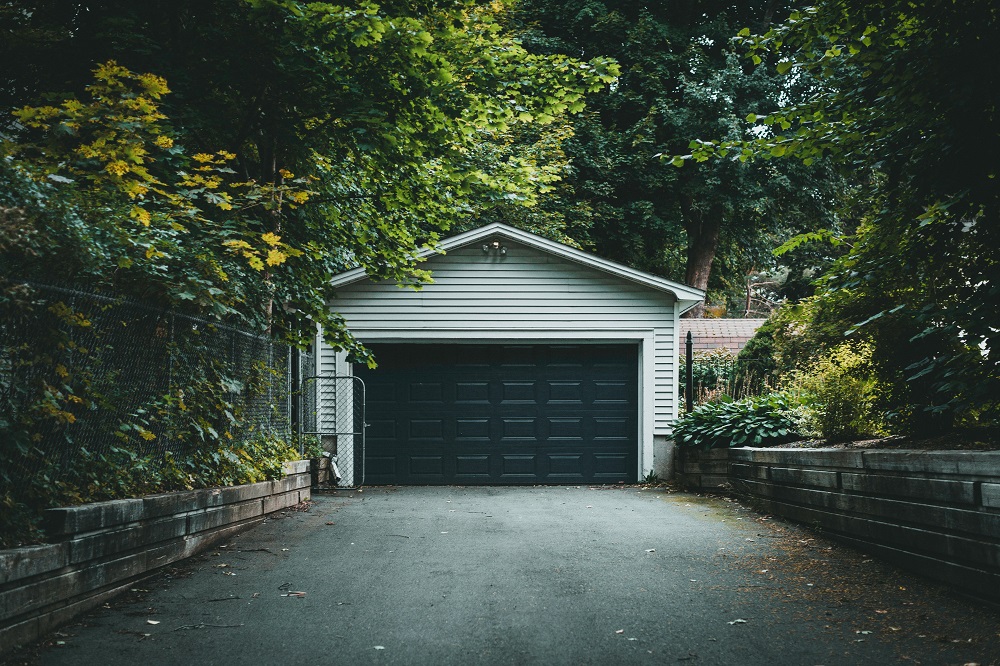
Garage doors are an essential part of any home, providing security, protection from the elements, and easy access to your vehicles and storage. Like any mechanical device, however, garage doors have a limited lifespan, and eventually, they will need to be replaced. In this article, we will explore how many years a garage door can be expected to last and what factors can affect its lifespan.
The lifespan of a garage door can vary depending on several factors, including the quality of the door, the frequency of use, and the level of maintenance it receives. Here are some general guidelines on how long a garage door can be expected to last:
Steel doors: Steel garage doors are a popular choice due to their durability and affordability. With proper maintenance, a steel garage door can last anywhere from 15 to 30 years. However, if the door is exposed to harsh weather conditions or not maintained properly, its lifespan can be shorter.
Wood doors: Wood garage doors are a popular choice for their natural beauty and classic look. However, they are more susceptible to damage from moisture, pests, and UV rays. With proper maintenance, a wood garage door can last anywhere from 20 to 30 years.
Aluminum doors: Aluminum garage doors are lightweight and low-maintenance, making them a popular choice for homeowners. With proper maintenance, an aluminum garage door can last anywhere from 20 to 30 years.
Fiberglass doors: Fiberglass garage doors are lightweight and durable, and they are resistant to moisture, pests, and UV rays. With proper maintenance, a fiberglass garage door can last anywhere from 20 to 30 years.
It is important to note that these are general guidelines, and the lifespan of your garage door may vary depending on several factors. Here are some factors that can affect the lifespan of a garage door:
Quality of the door: The quality of the garage door can have a significant impact on its lifespan. Higher-quality doors are typically more durable and longer-lasting than lower-quality doors.
Frequency of use: The more frequently a garage door is used, the more wear and tear it will experience. A door that is used multiple times a day will likely have a shorter lifespan than a door that is used less frequently.
Maintenance: Regular maintenance can help extend the lifespan of a garage door. This includes lubricating moving parts, tightening hardware, and inspecting the door for damage or wear and tear.
Exposure to weather: Garage doors that are exposed to harsh weather conditions, such as extreme heat, cold, or moisture, may have a shorter lifespan than doors that are protected from the elements.
In addition to these factors, there are several signs that your garage door may need to be replaced. These include:
Difficulty opening or closing: If your garage door is difficult to open or close, it may be a sign that the door is nearing the end of its lifespan. This can be caused by wear and tear on the door or its components, or by damage to the door itself.
Noisy operation: If your garage door is making loud or unusual noises when it operates, it may be a sign that the door or its components are worn out or damaged.
Damage to the door or components: If the door or its components are visibly damaged or worn out, it may be time to replace the door. Damage can be caused by impact, wear and tear, or exposure to the elements.
In conclusion, the lifespan of a garage door can vary depending on several factors, including the quality of the door, the frequency of use, and the level of maintenance it receives. With proper maintenance, a garage door can last anywhere from 15 to 30 years. However, it is important to monitor your garage door for signs of problems.
